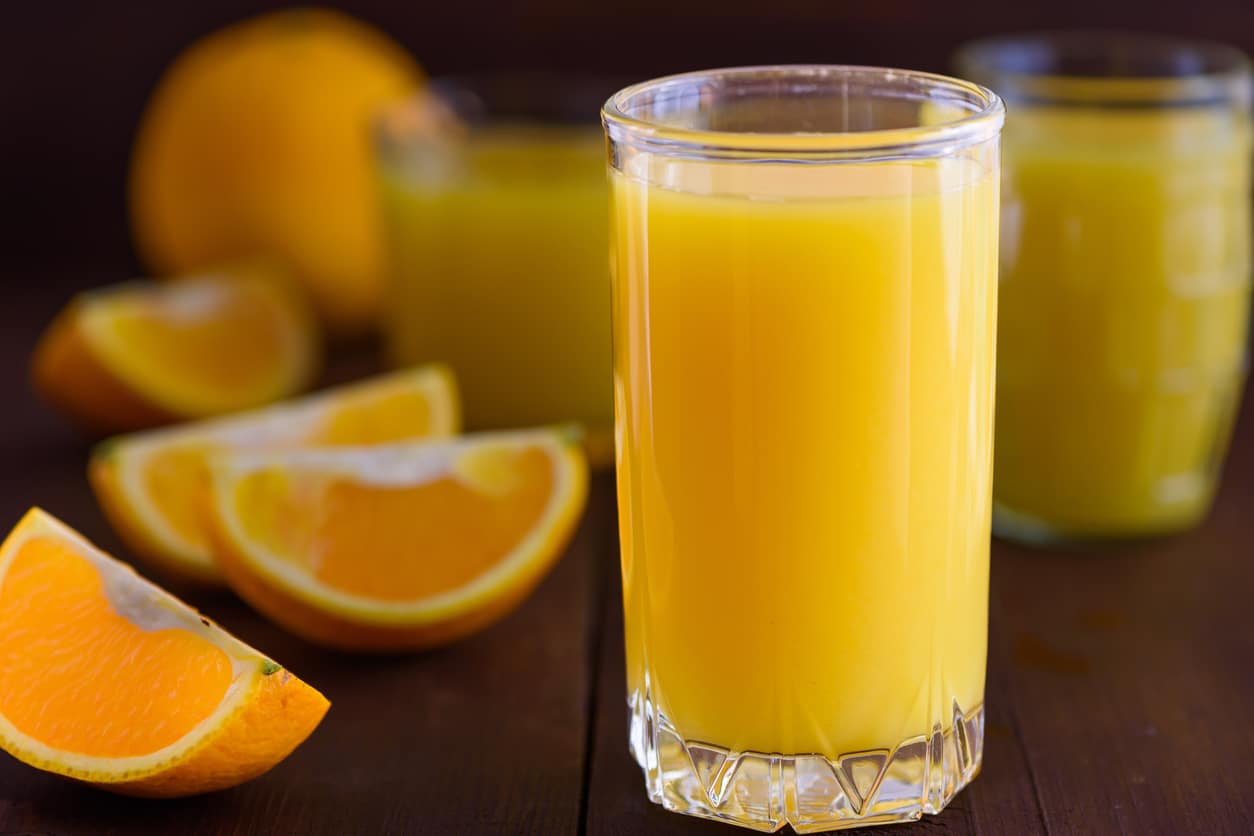Allergies are common, affecting more than 100 million people in the U.S. each year. An allergic reaction occurs when the immune system overreacts to harmless substances such as pollen, pet dander or certain foods, leading to symptoms like sneezing, itching and congestion. To manage these symptoms, many people turn to allergy medications, including antihistamines, decongestants and steroids. These treatments are generally effective, but some foods, like fruit juice, can counteract their effectiveness. Learn more to understand how to best ensure the efficacy of your allergy medications.
How Fruit Juices Affect Allergy Medication

Not all fruit juices affect medication in the same way, but some can have a mitigating effect. Here are a few juices known to counteract allergy medications:
- Grapefruit Juice
- Orange juice
- Apple juice
How It Works
One impacted drug is antihistamines. Drink juice with allergy medications can reduce its absorption between 30 and 60% depending on the juice, decreasing the drug’s effectiveness. This occurs because drugs like antihistamines require receptors on cells that line the intestine to assist with absorbing the drugs into the bloodstream. Certain juices contain compounds that inhibit these proteins and limit how much of the drug that can be absorbed.
These interactions result from the fruit juices blocking the action of drug transporters or enzymes that are crucial for the proper absorption and metabolism of medications. This effect means that even if you are diligent about taking your allergy medicine, drinking these juices around the same time could render them less effective.
Other Drugs Affected by Juice
The interaction between fruit juice and medications extends beyond allergy treatments. Here is a list of other common medications that can be affected:
- Certain blood pressure medication
- Antianxiety drugs
- Antihistamines: like fexofenadine, as mentioned above
- Statins: used to lower cholesterol
To avoid these interactions, it’s wise to take medication with water instead of juice and to consume fruit juices at a different time of day, ideally, a few hours apart from when you take your meds.
Understanding how dietary choices like drinking fruit juice can affect the performance of your allergy medication is crucial for managing your allergy symptoms effectively. Always consult your healthcare provider or pharmacist to discuss potential food and drug interactions and ensure that your treatment plan is as effective as possible. To schedule an allergy consultation and learn more, contact ENT of Georgia North today to schedule an appointment.